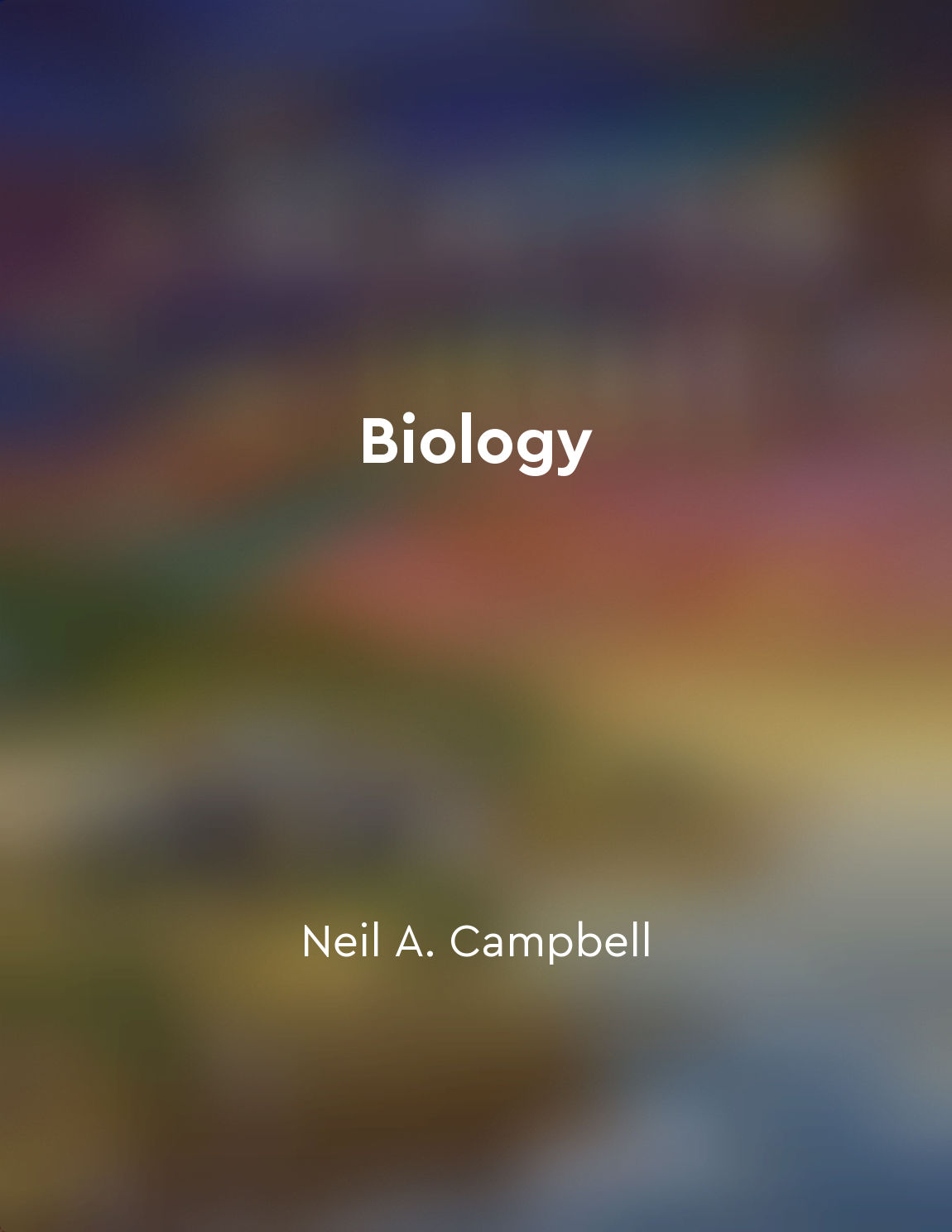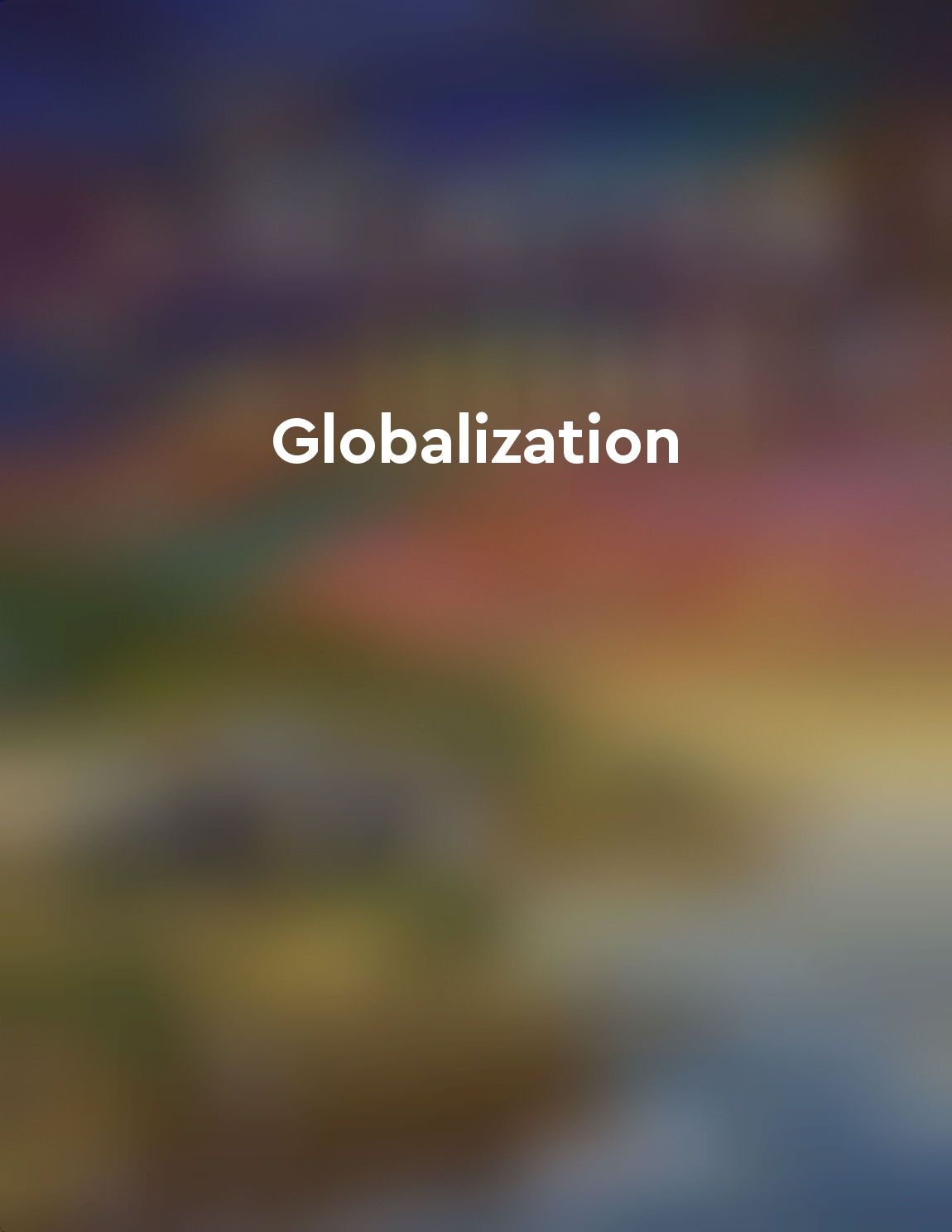Sustainable development requires balancing economic and environmental concerns from "summary" of Growth Theory by Robert M. Solow
Sustainable development is a complex and multifaceted concept that involves finding a delicate balance between economic growth and environmental preservation. In order to achieve sustainable development, it is essential to consider the long-term implications of economic activities on the environment. This requires taking into account the finite nature of natural resources and the potential negative impacts of economic growth on ecosystems. One of the key challenges in achieving sustainable development is the tension between economic development and environmental conservation. While economic growth is often seen as necessary for improving living standards and reducing poverty, it can also lead to environmental degradation if not properly managed. This is because economic activities such as industrial production, agriculture, and transportation can have harmful effects on the environment, such as air and water pollution, deforestation, and habitat destruction. In order to address these challenges, it is important to adopt policies and practices that promote both economic growth and environmental sustainability. This may involve implementing regulations to limit the emissions of harmful pollutants, investing in renewable energy sources, and promoting sustainable agriculture practices. By balancing economic and environmental concerns, it is possible to achieve sustainable development that meets the needs of the present without compromising the ability of future generations to meet their own needs.- Sustainable development requires a shift in mindset from viewing the economy and the environment as separate entities to recognizing their interdependence. The economy is ultimately reliant on natural resources such as clean water, fertile soil, and biodiversity, and therefore cannot be sustained in the long run without protecting and preserving these resources. By taking a holistic approach that considers the social, economic, and environmental dimensions of development, it is possible to create a more resilient and sustainable future for all.
Similar Posts
Microbes play a crucial role in various ecological processes
Microbes, the microscopic organisms that are omnipresent in nature, have a significant impact on various ecological processes. ...

Energy transformation in cells
Energy transformation in cells is a fundamental process that allows living organisms to carry out their daily activities. The e...
Not all billionaires are selfmade
This idea that all billionaires are self-made is a myth perpetuated by the media and popular culture. The reality is that many ...
Behavioral economics can inform environmental policy
Behavioral economics offers valuable insights that can be applied to the design of environmental policies. By recognizing that ...

Quality control measures ensure consistent product excellence
Quality control measures play a vital role in ensuring that the products we make meet the highest standards of excellence. Thes...
Engaging with local communities yields positive outcomes
Engaging with local communities is a critical component of driving positive outcomes in the fight against climate change. By in...
Collaboration is necessary for addressing global challenges
In the grand story of humanity, collaboration has been the key to solving the most pressing global challenges. From the earlies...
Ethics of environmental responsibility
The ethics of environmental responsibility calls for a fundamental shift in how humans view and interact with nature. It requir...

Cultural exchange
Cultural exchange is an essential aspect of globalization, as it involves the sharing of ideas, beliefs, values, and practices ...

